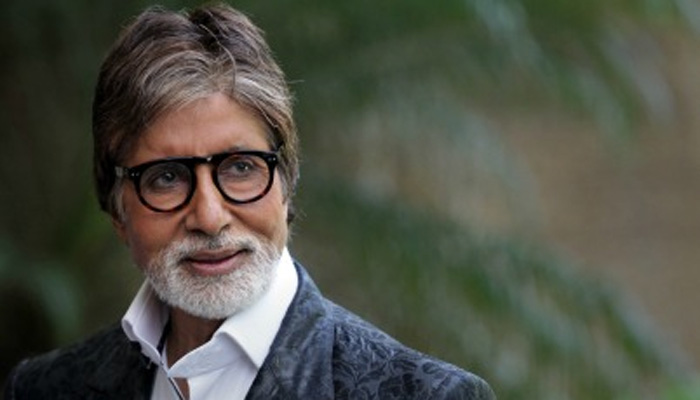There was the face of one woman in that room that could quash all the misgivings that one has about Malala Yousufzai’s “backstory”. No, it wasn’t 16-year-old Malala’s herself, it was her mother’s.
Minutes after Malala began her magnificent speech at the United Nations General Assembly this Friday, the camera cut to the face of her proud parents. Her father smiled like a man who had won a battle he had fought his entire life. Her mother, in her plain white dupatta and light green shalwar qameez, sat next to him wiping a tear that fell out of her right eye.
Since October 9, 2012, one of the many dark days in Pakistani history, we have heard as many views on Malala as we have avenues of information – newspapers, television shows, social media etc. The dominant view seems to be “she’s too confident to be doing this on her own, somebody must be supporting her.” I tried hard to understand that viewpoint, even though what matters most to me is not the agenda of those supposedly “propping” her up but the fact that that agenda is the right one.
On July 12, 2013, when a young Pakistani woman wowed the entire world by her simple yet powerful views, I let go of trying to look logically at the other view – I saw that tear that fell out of Malala’s mother’s eye and I felt what had caused it, and everything fell into place. Malala’s mother, purported to be a CIA agent, was crying because the little girl who she had carried in her womb for 9 months and nurtured for 15 years was finally able to speak with her characteristic vigour after surviving a bullet to her head. Ask a mother what that must feel like. Ask her if she would still care for a damned foreign agency when her own flesh and blood is battling for life.
Why is it so difficult for us to believe that one of our own, somebody from a small town in Swat, can be so eloquent and incredibly intelligent? Why can’t a 16-year-old, whose father trained her her entire life to be a fighter for education, be that fantastic a speaker? Why can’t a little girl who has spent her entire life under the shadow of crushing militancy have the undeterred spirit that Malala has? Why is that so impossible for us to fathom?
My question to all those conspiracy theorists is this: if not her, then who? If not the girl who was named after Malalai of Maiwand, then who? If not the little child who was deprived of an education she so dearly loved, then who?
It wouldn’t be so hard for us to believe in Malala’s magnificence if we were a nation of people who stood up when it felt the pain of being snatched of something it holds in high esteem. A nation that read national poet Iqbal’s verse beyond those that exalt Islam: “Zara namm ho yeh mitti, bari zarkhez hai saaqi”. A nation that isn’t so suspicious of its female population that it cannot process the idea of a strong woman without an “evil, western” agenda.
There is a lot to be taken away from Malala’s story – from the day she spoke out, to the day she was shot until the day she told the UNGA what a simple Pakistani woman can achieve given some confidence by her near and dear ones. Yes, a key takeaway is that Malala and her family has been maligned because she was attacked by the militants we so love to please. But here is another deeper problem that it points to: the bias against women so strongly ingrained in our heads that our nation can hardly believe in a confident woman who actually wants the best for this country. In Pakistan, you cannot be a well-wishing female citizen until you’re acquiescent and respectful of “social norms” no matter how much they pull you down.
This is the same attitude that a whole line of amazing Pakistani women have had to battle, from Benazir Bhutto to Asma Jahangir to Sherry Rehman to Mukhtaran Mai to Sharmeen Obaid Chinoy to name a few. Each one of these educated, empowered and accomplished women have at one point or the other been named an agent for a random but ill-meaning cause, agents who are out to destabilize Pakistan for money. In actuality, all they were/are out to do is to destabilize the ridiculously skewed representation for men compared to women in Pakistan. They are such evil “ladies” because they refuse to silently obey and follow the patriarchy that continues to grip our society.
Dear Pakistanis, for a change, believe in one of your own. Accept her as the extraordinary Pakistani that she is. Love her and respect her. Don’t let her gender get in the way of that. Don’t translate her message of peace as “western”, it is universal.
Posted by Zainab Iman on her blog here
The writer is a former journalist from Karachi, Pakistan, currently pursuing an MPP at The University of Chicago’s Harris School of Public Policy.
(Feature image courtesy: www.nuevamujer.com)

























